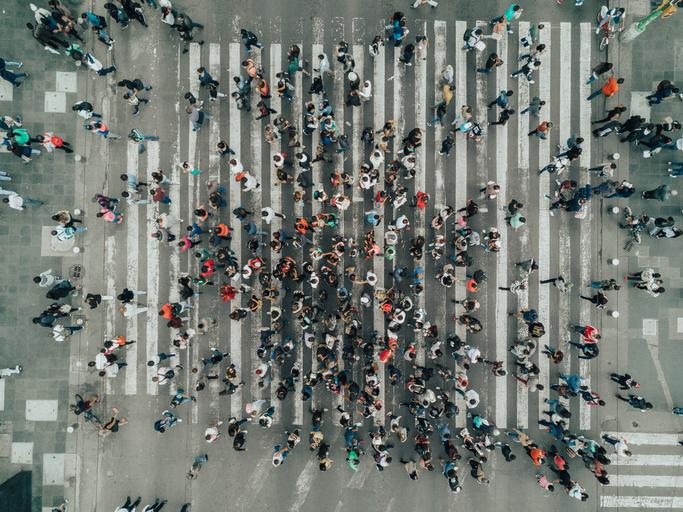
Right before Australia’s election campaign kicked off, Prime Minister Scott Morrison and opposition leader Anthony Albanese delivered speeches at the Lowy Institute outlining their views on national security.
These are the kind of speeches that set the tone for campaigning—at least when it comes to international concerns like defence and foreign policy—and provide an insight into the agenda of each potential government.
What was interesting about the speeches was not where they disagreed, but rather the many points of convergence in how the two leaders see and define the threat landscape, and how much that definition has changed and expanded—even since the last election in 2019.
Where once such speeches would be largely devoted to ‘traditional’ concepts of national security, such as military, economy and trade, Morrison’s and Albanese’s speeches encompassed a broader view that includes cybersecurity, organised crime, climate change and potential threats to our way of life. Both went on to list critical infrastructure, supply-chain resilience, manufacturing capability, telecommunications, major industries, technology, data security, energy and climate change resiliency.
This shift is important. It shows that both major political parties in Australia are adopting a much broader concept of national security.
But how can we be confident that policy decisions made ‘in the national interest’ actually reflect the way of life and values of all Australians? This approach is based on an assessment of our collective values. It implies an understanding of our way of life.
The need for representation has become even more critical because national security now encompasses almost all meaningful aspects of civil and social life. It is not confined to geopolitics beyond our borders. National security now affects our businesses, communities and neighbourhoods. It informs when, why and how we might restrict liberties, use surveillance or use force.
In a world where national security decisions are made in the name of our values and our way of life, we need to hear from more diverse voices with different experiences and new ways of thinking. We need more diverse voices about national security and more diversity in the national security sector.
We need to hear from the original Australians: Aboriginal and Torres Strait islander peoples. From first-, second- and third-generation migrants, who have insight into what makes Australia attractive and the issues they faced in migrating. We need to hear national security perspectives from all the states and territories, from rural and regional areas as well as big cities—not just the voices in Canberra.
We need to understand the national security priorities of Australians from all walks of life, including scientists, technology experts, mathematicians and engineers as well as those in sport, the arts, trades, teaching and a whole range of professions—not just traditional scholars and government officials.
The pandemic, climate change and current world events are revealing vulnerabilities and inequalities on an international scale. Thankfully, there’s a lot we can do to ensure that decisions about our national security actually reflect our values and way of life.
First, the national security community needs to engage more actively with the Australian people in a two-way dialogue.
Second, the national security community needs to hire and be more accessible for a wider range of people, across Australia, and include options to move in an out of this kind of work, rather than being a sole career path. It needs to remain competitive in a fast-paced job market.
Finally—and crucially—Australians can use their voices and their votes to call on the government for a representative public service and participate in discussions about our national security.
Australia’s current approach to national security is strong, but it needs more diverse perspectives to prepare us for the strategic challenges ahead.
One achievable step is to establish a government-led forum to produce alternative national security perspectives, made up of Australians from diverse backgrounds, locations, educational experiences and social economic status. Another is to improve employment opportunities—and mobility—for a more diverse demographic in the national security environment.
As ever-increasing aspects of our lives fall under the purview of national security, we need to ensure that the views and values of all Australians are reflected in assessments of our national interest. We need more diverse thinking and we need it quickly because the landscape of sovereignty and national security is changing fast. For Australia to thrive, we need new ways to engage and shape our future.